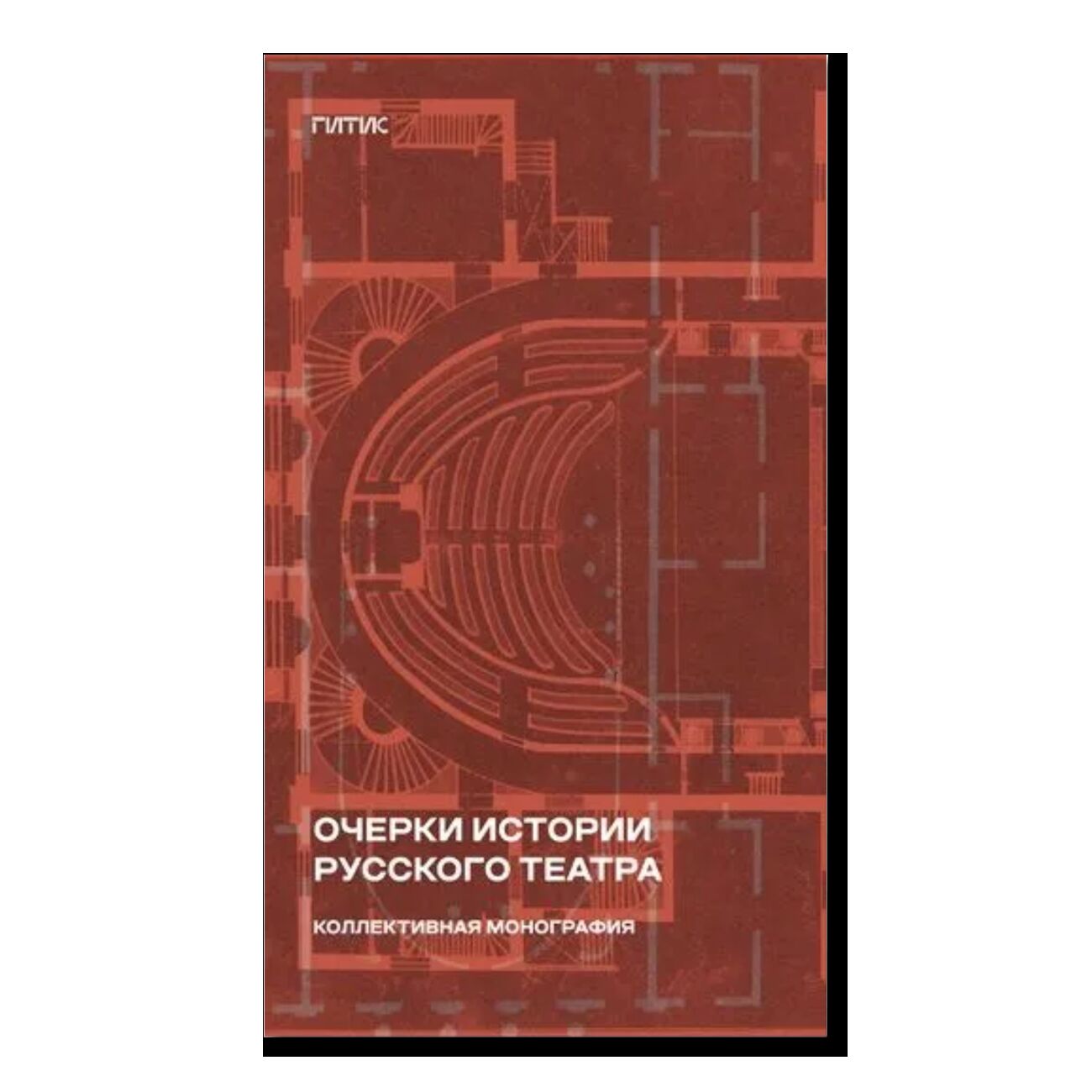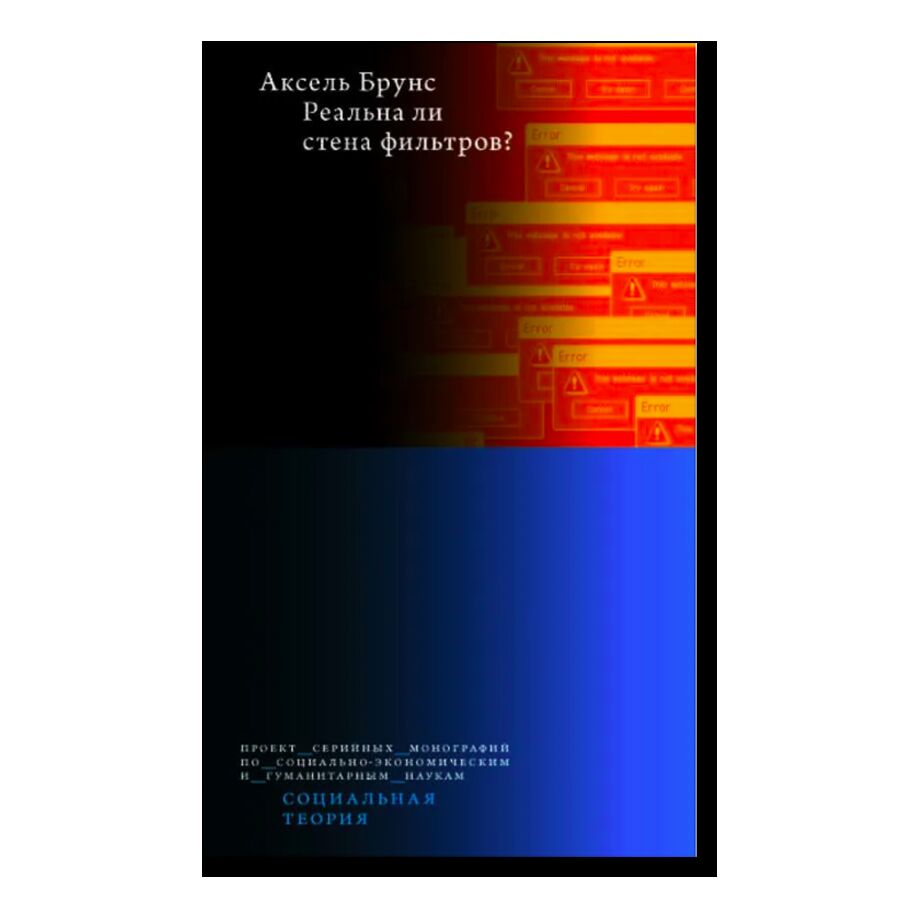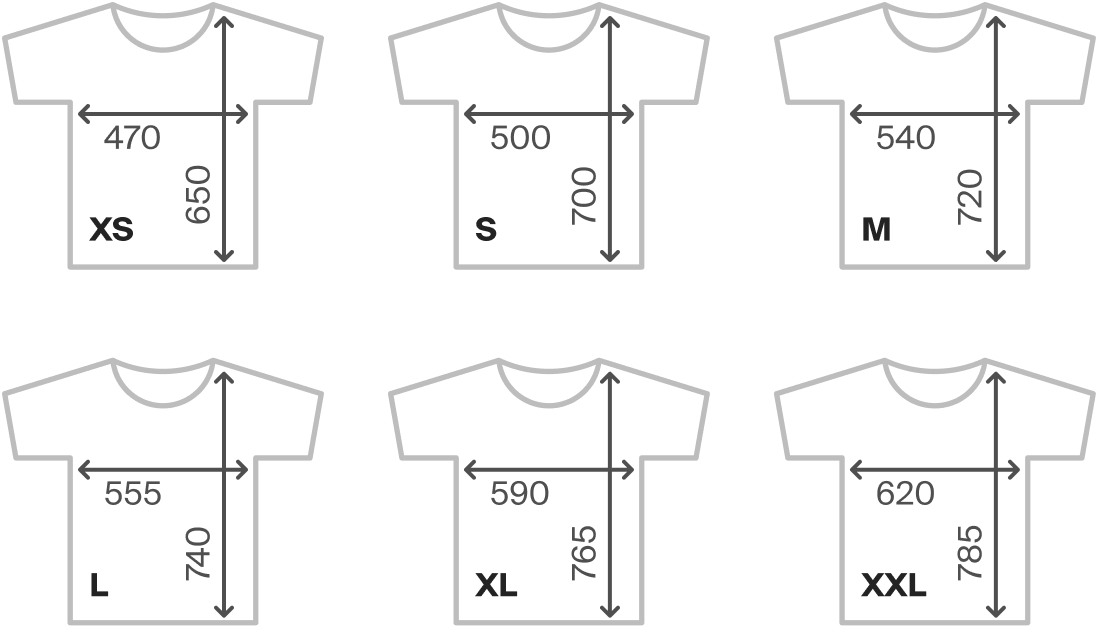Rewire: Digital Cosmopolitans in the Age of Connection
- Year: 2015
- Language: Russian
- Publisher: Ad Marginem
- ISBN: 9785911032593
- Page: 320
- Cover: paperback
- About the Book
Ethan Zuckerman is the director of the MIT Center for Civic Media, as well as an Internet activist and blogger, and in his recent book he analyzes the effect social networks and advanced information technology have on our everyday lives.
The new world is already here and we desperately need to learn how to live in it, making the best of the technology we have.
Technological breakthroughs have always had an effect on the world we live in: Two recent examples are the invention of the telegraph and the radio. Ethan Zuckerman begins his story with the 1978-1979 Iranian revolution sparkled by Ayatollah Khomeini’s sermons, which were brought into Iran on audiocassettes and spread over thousands of copies made inside the country. Later, the Internet and social networks were used by many participants of the Arab Spring in 2011.
A very different example of the effects technology can have on the globalized world is the eradication of SARS in 2003. The virus quickly spread across 32 countries via air travel, but thanks to the coordination of the international response on the World Health Organization website, the outbreak was very short. Curiously, WHO staff monitored the spread of the virus on news websites and in social media around the world. Communication can help people join forces over the biggest projects, although it does facilitate the spread of infections.
Mobile phones, satellite television and the Internet allow the transfer of previously unthought-of amounts of information from any corner of the world. But as Zuckerman points out, “a central paradox of this connected age is that while it’s easier than ever to share information and perspectives from different parts of the world, we may now often encounter a narrower picture of the world than in less connected days.”
Two billion people today have access to the Internet, and six billion use a mobile phone. Access to information is no longer a problem; the problem is our attitude to it. Today, our life is shaped by events that are geographically removed from us, and, therefore, according to Zuckerman “We must begin to understand ourselves not just as citizens of a state or a nation but also as citizens of the world.” We need to learn to see things from a different perspective and to broaden our minds, becoming what Zuckerman calls “digital cosmopolitans.” Technology is not enough to make the world a better place: It is the users who need to make the best of it by using it responsibly.





